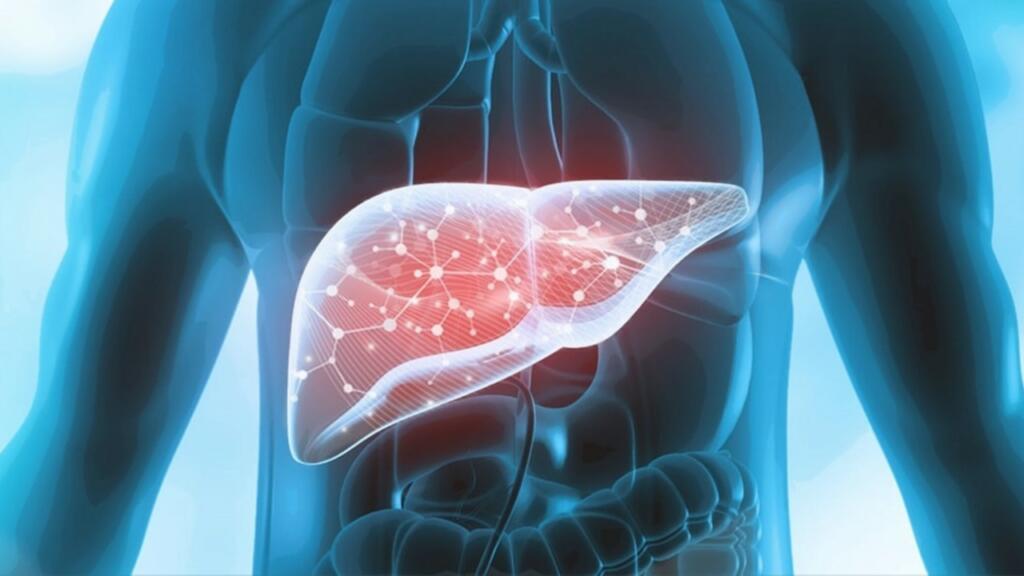In recent years, medical professionals have been witnessing a surprising development. The number of patients with fatty liver disease is on the rise. Even people who seemingly appear fit or have a healthy BMI may be victims of this silent and often undetected condition. But what is a fatty liver, why is it a cause for concern and what causes this issue? Let’s find out.
What is a Fatty Liver?
A fatty liver is precisely what it sounds like. It is a condition that is marked by a buildup of fat within the liver cells and tissues. Medically, it is known as hepatic steatosis, and in recent years, it is rapidly becoming a health concern for many people who appear to be otherwise healthy.
The liver, which is the largest internal organ in the human body, is responsible for processing food nutrients from food and removing excess toxins from the body. Even the blood from your digestive system is filtered through the liver before it circulates to the rest of the body. Given the crucial role the liver plays in maintaining a toxin-free internal environment, it is essential to take care of this organ. Unfortunately, the liver can be affected by many conditions, one of which is fatty liver disease.
Why is it Concerning to Have Fatty Liver Disease?
Fatty liver disease may not initially cause any life-threatening issues. In fact, it is normal for the liver cells to contain some amount of fat. However, if the accumulation of fat exceeds the normal levels significantly, and for a prolonged period of time, it could cause inflammation in the organ. This, in turn, could cause scar tissue that may lead to more serious conditions like liver cirrhosis. A fatty liver can occur due to alcoholic or non-alcoholic reasons, as you’ll see in the following section.
What Causes a Fatty Liver?
Fatty liver disease can be caused by various lifestyle-related and non-lifestyle-related triggers. Here is a closer look at the top causes of this condition.
-
An Unhealthy Diet
A diet that is heavy in added sugars and unhealthy fats that are typically found in processed foods is always bad news for the liver. Consuming such a high level of calories frequently can overload the liver and make it harder for the organ to process the excess fats in your diet, ultimately causing the fat to accumulate in the liver itself.
-
Obesity
Obesity is one of the leading causes of fatty liver disease across the world. This is because, in overweight or obese individuals, the body tends to store excess fat instead of processing it. Over time, fat begins to be deposited in the liver cells too, leading to a fatty liver and eventually, inflammation or cirrhosis.
-
Insulin Resistance
The insulin hormone is responsible for processing the sugars in the blood. In some people, the body may become less responsive to the effects of insulin, leading to high blood sugar. When left unchecked, this will lead to type 2 diabetes. Since insulin also plays a crucial role in metabolising fat, insulin resistance can lead to a fatty liver.
-
Consumption of Alcohol
Over-consumption of alcohol is never good news for the liver. Consuming excessive alcohol for prolonged periods can lead to alcoholic fatty liver disease (AFLD), which leads to the quick accumulation of unhealthy levels of fat in the liver. Depending on a person’s genetic predisposition to the condition, moderate alcohol consumption can also be a trigger.
-
Metabolic Syndrome
Metabolic syndrome is characterised by various symptoms like high blood sugar, high blood pressure, excess body fat accumulation around the waist area and high levels of cholesterol. These conditions could, in turn, affect the liver and lead to an unhealthy accumulation of fat in the organ.
-
Other Causes
In addition to the above causes, other conditions like pregnancy or polycystic ovary syndrome (PCOS), and some infections like hepatitis C can also cause a fatty liver. There are also some rare genetic conditions that make some people more inclined to store extra fat in their liver cells. Furthermore, some medications can also increase the chances of developing a fatty liver.
Conclusion
You can take certain measures to ensure that you do not develop fatty liver disease. By remaining active, eating healthy and limiting or avoiding alcohol, half the battle is won. That said, a disciplined lifestyle can only reduce the chances of illness. It does eliminate it completely. So, it is always better to be prepared for a medical emergency in the financial context. Health insurance plans can help you with this.
By purchasing a health insurance policy when you are young and healthy, you can lock in low premium rates. What’s more, in case you develop a fatty liver or any other illness that may be covered by your policy, you can rest assured that your insurance provider will shoulder all or part of the costs of medical treatment, depending on the policy’s terms and conditions.
